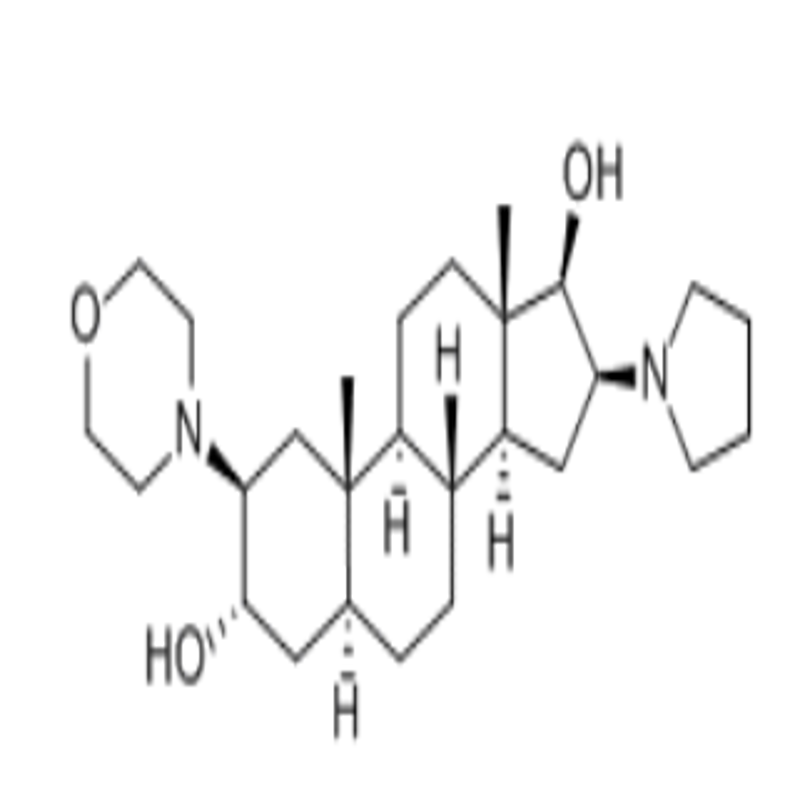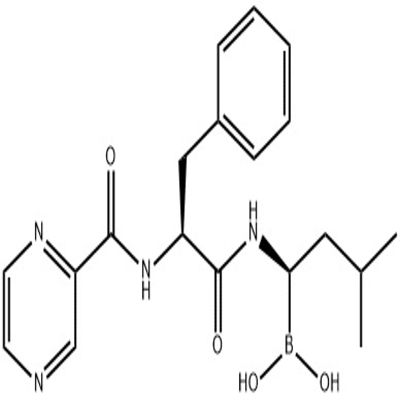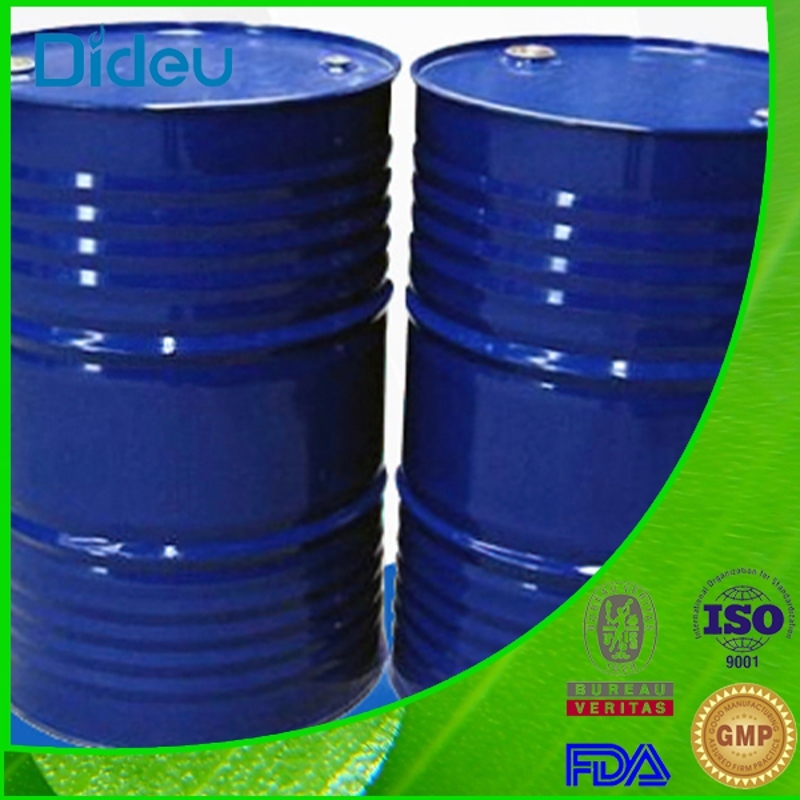-
Categories
-
Pharmaceutical Intermediates
-
Active Pharmaceutical Ingredients
-
Food Additives
- Industrial Coatings
- Agrochemicals
- Dyes and Pigments
- Surfactant
- Flavors and Fragrances
- Chemical Reagents
- Catalyst and Auxiliary
- Natural Products
- Inorganic Chemistry
-
Organic Chemistry
-
Biochemical Engineering
- Analytical Chemistry
-
Cosmetic Ingredient
- Water Treatment Chemical
-
Pharmaceutical Intermediates
Promotion
ECHEMI Mall
Wholesale
Weekly Price
Exhibition
News
-
Trade Service
On March 12, the State Food and Drug Administration issued a notice approving the application changes for self-testing of novel coronavirus antigen products of Nanjing Novizan, Beijing Jinwofu, Shenzhen Huada Yinyuan, Guangzhou Wanfu Bio, and Beijing Huaketai Bio
.
Since then, five new coronavirus antigen self-test products have been officially launched
.
It is worth noting that, in order to further optimize the detection strategy of the new coronavirus, according to the needs of epidemic prevention and control, the comprehensive group of the joint prevention and control mechanism of the State Council has decided to promote the monitoring mode of "antigen screening and nucleic acid diagnosis", and increase antigen detection on the basis of nucleic acid detection.
as a supplement
.
Recently, the Mechanism Comprehensive Team formulated and issued the "New Coronavirus Antigen Detection Application Plan (Trial)" (hereinafter referred to as the "Plan"), requiring all localities to organize and implement it carefully
.
The "Plan" stipulates the applicable population of antigen testing: first, those who go to primary medical and health institutions for treatment, with symptoms such as respiratory tract and fever, and have symptoms within 5 days; Personnel in close contact, entry quarantine observation, closed and controlled areas, and control areas; the third is community residents who need antigen self-testing
.
The "Plan" clarifies that community residents who have self-test needs can purchase antigen test reagents for self-test through retail pharmacies, online sales platforms and other channels
.
It should be noted that in order to ensure the quality of sampling and testing, residents need to read the instructions carefully, and conduct operations such as sampling, sample addition, and result interpretation in accordance with the prescribed requirements and procedures
.
When the antigen test is positive, regardless of whether there are symptoms of respiratory tract, fever, etc.
, residents should immediately report to the community (village) where they live, and the community (village) will contact the emergency center to transfer the residents to the facility with fever in accordance with the guidelines for the transfer of personnel related to the new coronary pneumonia epidemic.
Nucleic acid testing in outpatient medical institutions
.
Sampling swabs, sampling tubes, test cards, etc.
used by positive persons are put into sealed bags and transported to medical institutions for disposal as medical waste
.
When the antigen test is negative, asymptomatic residents can be closely observed, and then undergo antigen or nucleic acid testing when necessary; symptomatic residents are advised to go to a medical institution with a fever clinic as soon as possible for a nucleic acid test; if it is inconvenient to seek medical treatment, they should Self-isolate at home, avoid going out, and take an antigen self-test every day for 5 consecutive days
.
It should be noted that nucleic acid detection is still the basis for the diagnosis of new coronavirus infection, and antigen detection can be used as a supplementary method to screen specific groups of people, which is conducive to improving the ability of "early detection"
.
Primary medical and health institutions that have nucleic acid testing capabilities should prefer nucleic acid testing; those who do not have nucleic acid testing capabilities may conduct antigen testing, and provide training for medical staff and communication and guidance for patients
.
Isolation observers and community residents should carefully read the instructions and standardize their operations for antigen testing.
Once the antigen test is positive, they should immediately report to the relevant departments; when necessary, nucleic acid testing should be carried out to confirm
.
.
Since then, five new coronavirus antigen self-test products have been officially launched
.
It is worth noting that, in order to further optimize the detection strategy of the new coronavirus, according to the needs of epidemic prevention and control, the comprehensive group of the joint prevention and control mechanism of the State Council has decided to promote the monitoring mode of "antigen screening and nucleic acid diagnosis", and increase antigen detection on the basis of nucleic acid detection.
as a supplement
.
Recently, the Mechanism Comprehensive Team formulated and issued the "New Coronavirus Antigen Detection Application Plan (Trial)" (hereinafter referred to as the "Plan"), requiring all localities to organize and implement it carefully
.
The "Plan" stipulates the applicable population of antigen testing: first, those who go to primary medical and health institutions for treatment, with symptoms such as respiratory tract and fever, and have symptoms within 5 days; Personnel in close contact, entry quarantine observation, closed and controlled areas, and control areas; the third is community residents who need antigen self-testing
.
The "Plan" clarifies that community residents who have self-test needs can purchase antigen test reagents for self-test through retail pharmacies, online sales platforms and other channels
.
It should be noted that in order to ensure the quality of sampling and testing, residents need to read the instructions carefully, and conduct operations such as sampling, sample addition, and result interpretation in accordance with the prescribed requirements and procedures
.
When the antigen test is positive, regardless of whether there are symptoms of respiratory tract, fever, etc.
, residents should immediately report to the community (village) where they live, and the community (village) will contact the emergency center to transfer the residents to the facility with fever in accordance with the guidelines for the transfer of personnel related to the new coronary pneumonia epidemic.
Nucleic acid testing in outpatient medical institutions
.
Sampling swabs, sampling tubes, test cards, etc.
used by positive persons are put into sealed bags and transported to medical institutions for disposal as medical waste
.
When the antigen test is negative, asymptomatic residents can be closely observed, and then undergo antigen or nucleic acid testing when necessary; symptomatic residents are advised to go to a medical institution with a fever clinic as soon as possible for a nucleic acid test; if it is inconvenient to seek medical treatment, they should Self-isolate at home, avoid going out, and take an antigen self-test every day for 5 consecutive days
.
It should be noted that nucleic acid detection is still the basis for the diagnosis of new coronavirus infection, and antigen detection can be used as a supplementary method to screen specific groups of people, which is conducive to improving the ability of "early detection"
.
Primary medical and health institutions that have nucleic acid testing capabilities should prefer nucleic acid testing; those who do not have nucleic acid testing capabilities may conduct antigen testing, and provide training for medical staff and communication and guidance for patients
.
Isolation observers and community residents should carefully read the instructions and standardize their operations for antigen testing.
Once the antigen test is positive, they should immediately report to the relevant departments; when necessary, nucleic acid testing should be carried out to confirm
.







